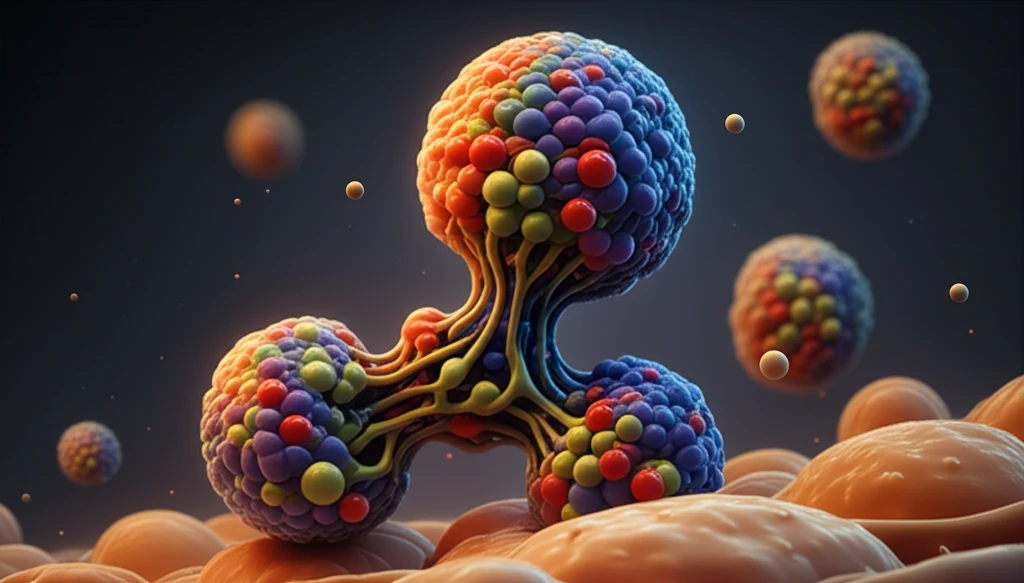
Unlocking Your Body's Secrets: Ghrelin, Appetite, and the Future of Fat Loss
"New research questions the traditional role of ghrelin, the 'hunger hormone,' suggesting it may be more involved in fat storage than appetite stimulation, potentially revolutionizing weight loss strategies."
For years, ghrelin has been known as the "hunger hormone," playing a central role in how we understand appetite regulation. Produced by stomach cells when the gut is empty, it signals to the brain that it's time to eat. Consequently, ghrelin and its receptor, GHSR, have been promising targets for anti-obesity drugs. However, clinical results have been less than impressive, leaving scientists puzzled.
Now, a groundbreaking study is turning this understanding on its head. Researchers are suggesting that ghrelin may not be primarily an appetite driver but rather a key player in fat storage. This revelation could change the game for obesity treatment and weight management.
A team of scientists, including Jacques Pantel, Candice Marion, Philippe Zizzari, and Yacine Chebani at the French National Institute of Health & Medical Research, are at the forefront of this shift in perspective. Their work reveals that ghrelin's biological role is significantly more intricate than previously thought.
The Ghrelin-Fat Storage Connection: What the Research Reveals

To investigate ghrelin's true function, the research team engineered rats with brain cells expressing a mutant variant of the ghrelin receptor. This altered receptor was far more sensitive to ghrelin, amplifying the signaling within brain cells when exposed to the hormone. The results were surprising.
- Enhanced ghrelin sensitivity didn't increase food intake.
- Mutant rats lost less weight on restricted diets.
- Mutant rats accumulated more fat mass on a normal diet.
Implications and Future Directions
While ghrelin may not directly drive appetite, drugs targeting ghrelin or its receptor might still be valuable tools for reducing body fat. The French research team hopes their GHSR-mutant rats will help to further unravel the complex role of ghrelin signaling in the body. This could pave the way for new and more effective strategies to combat obesity and improve metabolic health.
